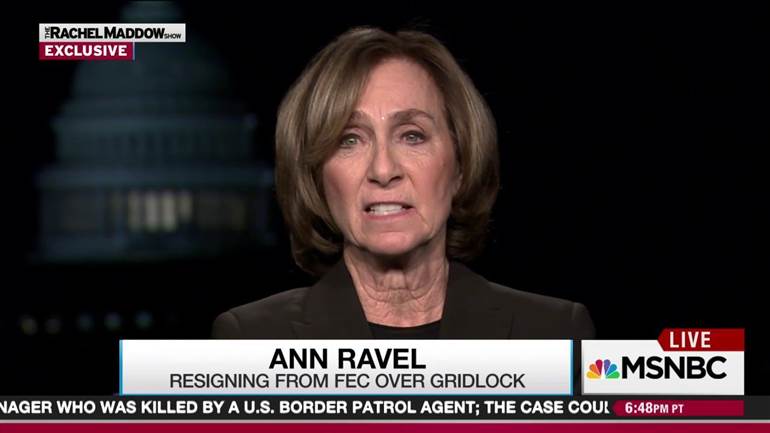The FEC announced today its decisions in a couple of “MURs” (that’s “Matters Under Review” for you normal folk). The one getting all the attention is MUR 5751 the Leadership Forum, where the Commission made the right decision. Not getting any attention is MUR 5563, involving stock car racer Kirk Shelmerdine, in which the FEC got it wrong, but at least minimized its blunder by merely “admonishing” the respondent, rather than issuing a fine.
It seems that perpetual NASCAR also-ran Kirk Shelmerdine used some unbought space on his race car to list the names of two political candidates, bringing the power of the Federal government crashing down on this unsuspecting non-voter. It’s a humourous tale, though, albeit a bit of black humor – and also a telling story of where we are in mindless campaign finance regulation that a simple expression of political enthusiasm or business calculation should generate not only an admonishment from the United States Government to one of its citizens, but also four statements of reasons from 6 different commissioners. And it is worth noting that the Commission, in merely sending “admonishment letters,” appears to have defied its General Counsel, who, it appears, favored fining these recalcitrants (see part III, page 6 in the linked document).
Although I was not present for the final vote earlier this year, I was present and dissented in the summer of 2005 when the FEC launched its investigation. It seems long and formal, but I urge readers to review the Statement of Reasons I wrote (and that then Vice-Chairman Toner also signed) in 2005 – if nothing else, I think it is funny, and it points out the bizarre state of campaign finance law and the unequal application of the laws to Shelmerdine as against political activists such as Michael Moore.
Also of interest is a fascinating concurrence by Commissioners Lenhard and Weintraub, in which they say, in essence, that the FEC will determine the value of an in-kind contribution not by what it actually cost, nor even what it would fetch in the market, but by what the Commission thinks it might fetch in the market if it had the same desirable features that some other advertising has in the market, but that this advertising does not. Hmmm.
Finally, readers should not miss another lively statement by Commissioner Hans von Spakovsky. Who knew campaign finance law, and absurd government practices, could make such fun reading?














